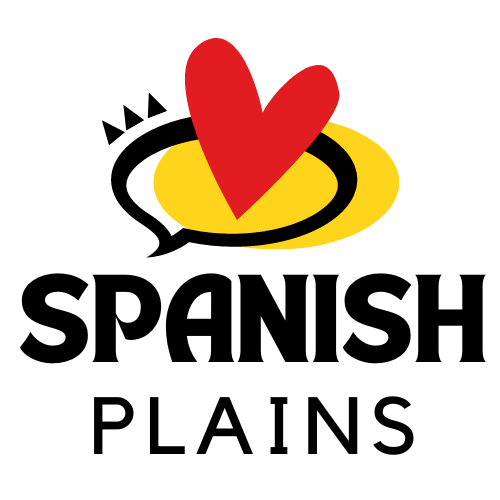Introduction
Welcome to Oliva, a captivating town located on the eastern coast of Spain in the province of Valencia. Known for its rich history and exquisite beauty, Oliva invites travelers to immerse themselves in its charming atmosphere, discover its fascinating heritage, and indulge in its natural wonders.
Historical Significance
Oliva boasts a history that stretches back over 4,000 years. This ancient town has witnessed the rise and fall of different civilizations throughout the ages, including the Iberians, Romans, Moors, and Christians. The remnants of these civilizations can still be seen in its architecture, ruins, and museums.
Architecture and Landmarks
Oliva is home to an impressive array of architectural gems. The historic city center, with its well-preserved medieval buildings, narrow streets, and quaint squares, offers a glimpse into the town’s past. The Church of Santa Maria, dating back to the 16th century, is a must-visit for its stunning Gothic design and intricate interior. The beautiful Palace of the Dukes of Gandía, once residence to the Borgia family, is another remarkable landmark that showcases the town’s noble heritage.
Natural Beauty
Oliva is blessed with an abundance of natural beauty. Its long stretch of pristine coastline, with its golden sandy beaches and crystal-clear waters, has earned it a reputation as a beach-lover’s paradise. The nearby Montgó Natural Park offers breathtaking hiking trails, allowing visitors to explore its diverse flora and fauna while enjoying panoramic views of the Mediterranean Sea. Additionally, the Albufera de Valencia, a nearby freshwater lagoon, is a protected natural park that provides a habitat for numerous bird species.
Gastronomy
No visit to Oliva is complete without savoring its delightful gastronomy. The town is renowned for its delicious rice dishes, particularly paella. Seafood lovers will also be spoiled for choice with an array of fresh seafood options caught daily from the Mediterranean. Oliva’s olive oil, recognized for its exceptional quality, is a local specialty that should not be missed. Be sure to explore the numerous local restaurants and tapas bars to experience the true flavors of the region.
Festivals and Traditions
Oliva is a town that cherishes its traditions and celebrates them through vibrant festivals throughout the year. The Fallas de Oliva, held in March, is an explosion of color and artistry where giant sculptures are paraded through the streets before being burned in a grand finale. The Moors and Christians Festival in July commemorates the battles between the Moors and Christians with impressive parades and fireworks. These festivals provide a unique opportunity to witness Oliva’s cultural heritage firsthand.
FAQs Section
What is the best time to visit Oliva?
The best time to visit Oliva is during the spring and fall seasons when the weather is pleasant and the town is less crowded. However, even during the summer months, when the beaches are at their busiest, Oliva offers a serene and relaxed atmosphere.
How can I get to Oliva?
Oliva is easily accessible by both air and road. The nearest airport is Valencia Airport, approximately 90 kilometers away. From the airport, you can hire a car or take a taxi to reach Oliva. The town is also well-connected by the A7 motorway, making it convenient to travel by car.
What are some recommended activities in Oliva?
Some recommended activities in Oliva include visiting the historic city center, exploring the beaches, hiking in the Montgó Natural Park, tasting the local cuisine, and attending the town’s festivals and traditions.
Are there accommodations available in Oliva?
Yes, Oliva offers a range of accommodations to suit different preferences and budgets. You can find luxury resorts, boutique hotels, rental apartments, and cozy bed and breakfasts in the town and its surrounding areas.
Is Oliva family-friendly?
Absolutely! Oliva’s family-friendly environment, safe beaches, and various outdoor activities make it an ideal destination for families. Children will enjoy building sandcastles on the beach, exploring the natural parks, and participating in the lively festivals.
Can I learn more about Oliva’s history and culture?
Yes, Oliva offers several museums and historical sites where you can delve deeper into its history and culture. The Archaeological Museum of Oliva displays artifacts from different periods, while the Casa de Cultura holds exhibitions and cultural events throughout the year. Guided tours are also available to provide a comprehensive understanding of the town’s heritage.

